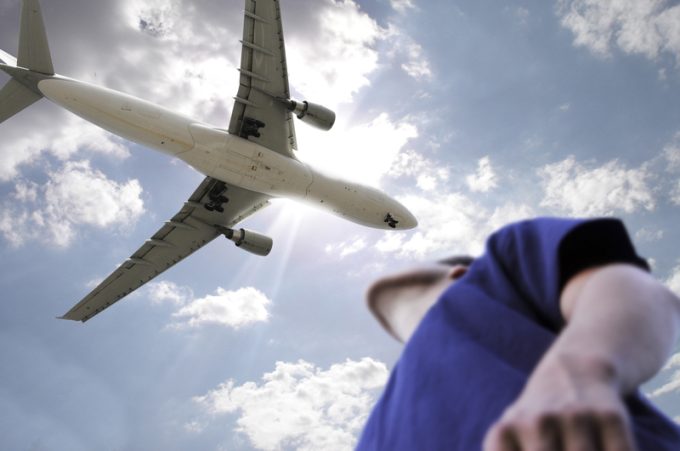Amazon Air Cargo partners-up for new transpacific route into the US
Amazon has joined the dots on yet another lane of its growing air cargo network, ...

The flexibility of airfreight is both a blessing and a curse for shippers: it can easily switch capacity to distressed – and therefore profitable ? markets, but consequently leave existing customers in a bind.
Last week, data-driven consultancy Rotate noted how air cargo had “come to ...

Comment on this article